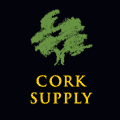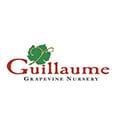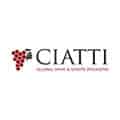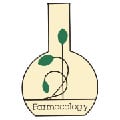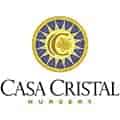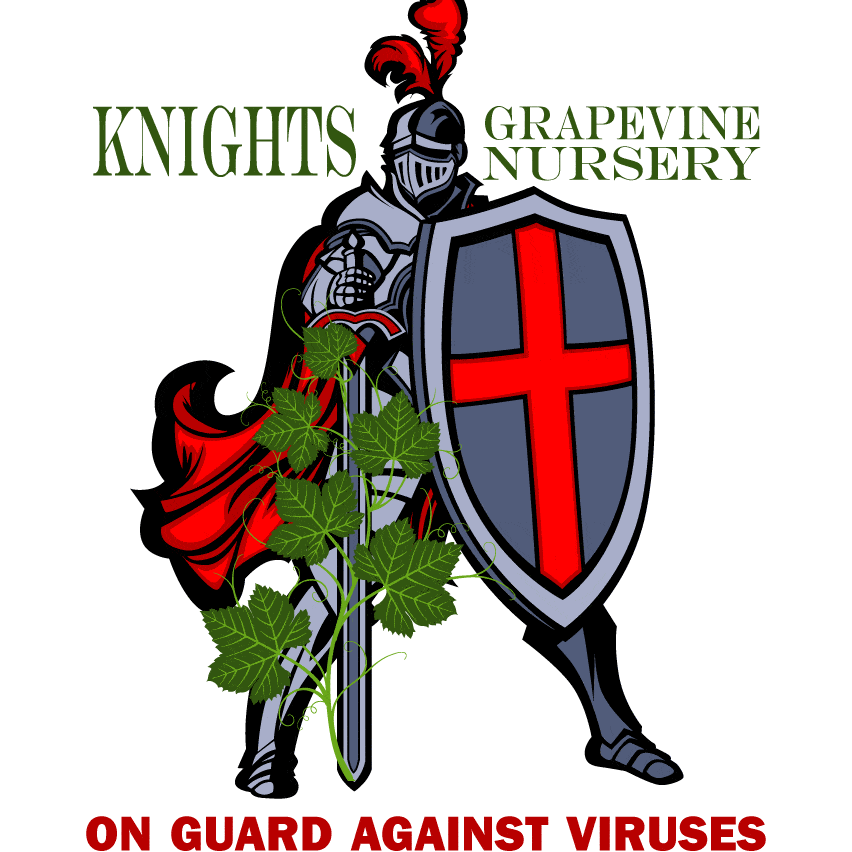Expert in the Vineyard.
Glenn McGourty has a reputation in Mendocino County. As a resource for growers, the wine industry and academia, his advice and expertise are often quoted. He is the University of California’s Winegrowing and Plant Science Advisor and there’s isn’t a vineyard or winemaking question he can’t answer.
I often call him when looking for accurate information on some wine issue or another. And I find traces of his work in vineyards that I visit all over the county. He is a good friend and we are in the same wine tasting group, the Talmage Tasters, which has been meeting regularly for more than thirty years. He’s also a good cook.
Stopping by his home on sixteen acres adjacent to the Russian River on Old River Road, he is warming up a pot of fragrant white bean soup. We look out the picture window overlooking an acre of vineyard, its vines just beginning to leaf. A couple of turkeys mill about.
“This site is fabulous. One of the reasons is bird watching,” he says between spoonfuls of soup. Most of his land, owned with his wife Jan, a third grade teacher at Nokomis school, is natural habitat. They purchased Spirit Canyon in 1994. Five years later they started reconstruction of the old farmhouse and moved to it in 2001. “The Russian River is a freeway for birds in the winter and one of the reasons we love it here.” he says listing some favorite birds that they see regularly including kites, great blue herons, a Bald Eagle and ospreys, which have built a nest in an old snag.
He also describes a large bed of sedge along the riverbank. The roots are used still today by local Native American basket weavers. “Just as their ancestors have for 10,000 years,”
In 1994 McGourty planted Arneis for Greg Graziano and his Monte Volpe program of Northern Italian wines. Arneis is a white Italian grape from the Piedmont region
“At the time heavy oak was a main flavor in many white wines,” says McGourty. But McGourty was drawn to the fresh fruity flavors of Arneis. “It is spritzy and light and fresh, with an apple/pear/almond kind of flavor” he says.
“I like having a vineyard because I go through the same weather and face the same issues as the growers I work with,” he says. When he had his first frost protection event this year, he laughs that he wasn’t ready. “I went out in my bathrobe, turned on the frost protection and went back to bed,” he remembers. He discovered in the morning that the sprinklers had quit working because the pump intake was clogged. He promptly cleaned it, but fortunately it hadn’t done any damage to the vines.
“Most growers stay up all night because they want to be close to their vineyard during a frost event,” he says. Typically, you turn on the sprinklers when the temperature is around 34 degrees and the dewpoint is above 40. If you wait until it’s below freezing it’s too late to protect the budding vines.
Born on Long Island in New York, McGourty also lived in Connecticut in his early years. His dad was an industrial engineer for Commodore Business Machines and a pioneer in dot matrix printers. The family lived in Ireland for three years before his dad was transferred to the west coast and settled in Santa Cruz when McGourty was 15. He went on to Humboldt State University and graduated with a degree in Botany.
“From a young age I was drawn to growing things,” he recalls. He planted radishes when he was four and still remembers the excitement of the first harvest. As he grew up he was influenced by Norm Borlaug, who won a Nobel Prize for improving agricultural productivity in the 1960’s and is credited for starting the green revolution. He also was inspired by Paul Erlich, author of the Population Bomb. “He was most known for his work on the effects of over-population, but he was my hero for his environmental work, especially his concerns about food production,” says McGourty.
He met Jan in college, who was studying music. They married in 1974 and moved to Watsonville where his first job was working in strawberry pest management at Driscoll Strawberry’s research department. “They were just getting started in doing organic strawberries. There first efforts were kind of failures!” he says. Now Driscoll’s is one of the largest producers of organic strawberries.
McGourty’s taste of working in research made him want to learn more. He and Jan moved to Reno where he received a fellowship at the University of Nevada in Plant, Soil and Water Science.
He had short stints as an urban horticulturist in Las Vegas and as a lecturer in the Ornamental Horticulture Department at Cal Poly in San Luis Obispo. He also managed the family property on a 60-acre ranch nearby in Paso Robles growing walnuts and almonds. By then he and Jan had three children. Katie, 31, is a marine fisheries biologist with National Marine Fishers Service in Newport, Oregon. Carolyn, 26, is at Harvard working on a Masters in public policy and energy policy after spending four years in New York at ABC News. Kevin, 23, is at Mendocino College and works at Safeway.
In 1987 McGourty and the family moved to Ukiah when he got a job in Mendocino County as the plant science advisor with the University of California Cooperative Extension. Frey and Fetzer wineries were on the organic forefront and McGourty was called to check out their vineyards soon after arriving.
His work at the University in Nevada, which was in pasture crops, served him well in his new role in Mendocino. “Some pasture crops also work well as cover crops,” he explains. In the 1980s there was very little cover cropping in California. In 1988 McGourty set up cover crop trials with 32 species at Fetzer Vineyards and learned so much he coauthored a book “Cover Cropping in Vineyards, a Growers Handbook” which was published in 1998 and is still an encyclopedic resource for growers not only in the United States but in other areas of the world as well.
“Cover crops are important to control erosion,” says McGourty. They also improve fertility, fix nitrogen in the soil, and improve the habitat by attracting beneficial insects. When the crops break down they add humus which “improves the overall rooting environment.”
“Now grape growers have started using sheep as an alternative to machines to mow the cover crops in vineyards,” he says. Subterranean and rose clovers make great animal feed and they add weight quickly to growing lambs. Grazing animals are also an important component of Biodynamic farming, which is a growing trend in our county. “We may see more sheep coming back in Mendocino County,” says McGourty, noting that the vineyards are fenced which gives the lambs more protection from predators during lambing season.
Putting in a plug for biodynamic farming practices, McGourty says there are lessons for all agriculture in this remarkable farming system. Some people don’t subscribe such tenets as planting by moon cycles and the cow horn preparations. But he assures there are very positive aspects of this system such as recycling and composting crop residues and manures, and integration of plants and animals which make for good environmental stewardship. There are also economic benefits.
“People who grow organically and biodynamically increase their market opportunities,” states McGourty, “and they often have less of a problem selling and making money on their grapes.”
“Mendocino County is recognized as the center for alternative agriculture thanks to the foresight of people like Paul Dolan, the Freys and the Fetzers,” he says. McGourty travels frequently giving talks about sustainable, organic and biodynamic farming. Using science to back it up he explains why these practices make sense in a post peak oil world. McGourty also writes a regular column in Wines & Vines magazine and contributes articles to Practical Winery and Vineyard Management.
In addition to alternative winegrowing systems, McGourty is known within the University of California as the expert on Mediterranean wine grape varieties. “Mediterranean wine grapes and other plants such as olives, crepe myrtle, oleanders and rock roses grow well around here,” he declares, adding, “people want to grow Northern European plants like tea roses and lilacs which do okay, but plants that are adapted to summer heat do much better.”
He’s leaving soon to represent the United States at the International Mountain Viticulture Conference in Sicily. His talk will be about what to do in your vineyards after a big freeze. “We did trials after the 2008 freeze and learned a lot,” he says. Learning a lot is what many grape growers say they have done from Glenn McGourty.
















